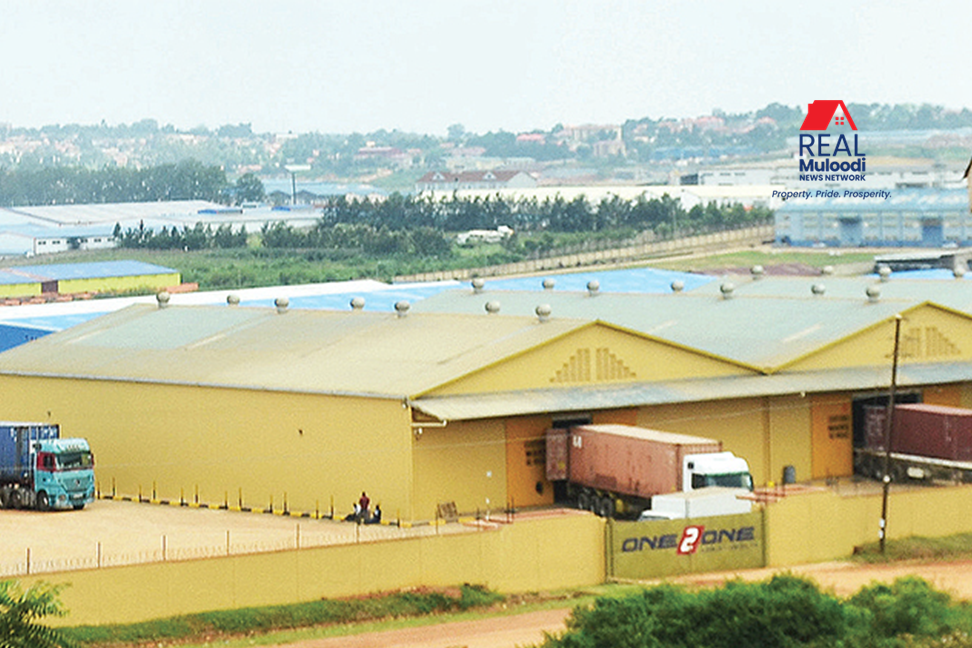UGANDA, Kampala | Real Muloodi News | Residents in various neighbourhoods express valid concerns as factories encroach into residential areas, raising apprehensions about noise, traffic, and pollution.
The trend of factories setting up operations near homes is not isolated, with instances reported in different suburbs around Kampala, highlighting the potential negative impacts on the quality of life for residents.
In 2018, the residents of Bulindo in Kira Municipality protested against the construction of a plastics factory, emphasising that their area was designated as a residential zone, not an industrial park.
Despite raising alarms about noise and air pollution, residents faced challenges in curbing the factory’s development. This scenario is not unique, as similar issues persist in Kampala suburbs within a 20km radius.
One notable case is Luuka Plastics in Ttula, Kawempe, where residents attribute dark substances on their roofs to emissions from the factory. Concerns range from potential health hazards to the visual impact on homes.
Residents express worries about the factory’s failure to relocate as initially promised, impacting their daily lives and raising questions about accountability.
In Mpelerwe, the presence of Harris International (Riham) in a residential area sparks debate. Although the factory appears well-maintained with paved roads and enhanced security, residents remain uneasy about the long-term effects of living near industrial operations.
Justine Kiwanuka, the LC1 women’s representative, acknowledges potential health risks, stating she would move if given the means.
Nakuwadde, Sentema Road, emerges as another residential area grappling with manufacturing investors.
Factories, including a mannequin factory, a polythene bags factory, and several maize mills, coexist within a two-kilometre radius, causing concerns about noise pollution during power outages.
National Environmental Management Authority (NEMA) condemns factories in residential areas, emphasising the intended purpose of homes as spaces for relaxation and family life.
However, the enforcement of regulations faces challenges, with overwhelmed regulatory bodies and a surge in new factories across the country contributing to the struggle.
NEMA’s spokesperson, Nahabwe, acknowledges the difficulty in regulating the increasing number of factories.
Despite factories being compliant with environmental practices, complaints from residents trigger investigations, audits, and compliance agreements. If factories fail to comply, stop notices, fines, or legal actions follow.
The infiltration of factories into residential areas raises broader environmental concerns, impacting ecosystems and residents’ health.
Strict regulations, robust monitoring systems, and the adoption of cleaner technologies are essential to mitigate pollution and safeguard residents’ well-being.
The presence of factories near homes can also affect property values, as potential buyers may be deterred by industrial activities in proximity.
Residential areas are designated for housing, emphasising a need for zoning regulations that prevent industrial activities to avoid nuisances.
As the government pursues an industrial revolution, balancing economic growth with environmental and residential well-being becomes crucial.
READ MORE LIKE THIS:
Govt Allocates 8000 Acres for Industrial Parks to Boost Investor Participation
Unveiling Corporate Secrecy: Who Are the Owners of Most Commercial Companies?
Bamburi Cement Positions for Additional Gain in Uganda Unit Sale



